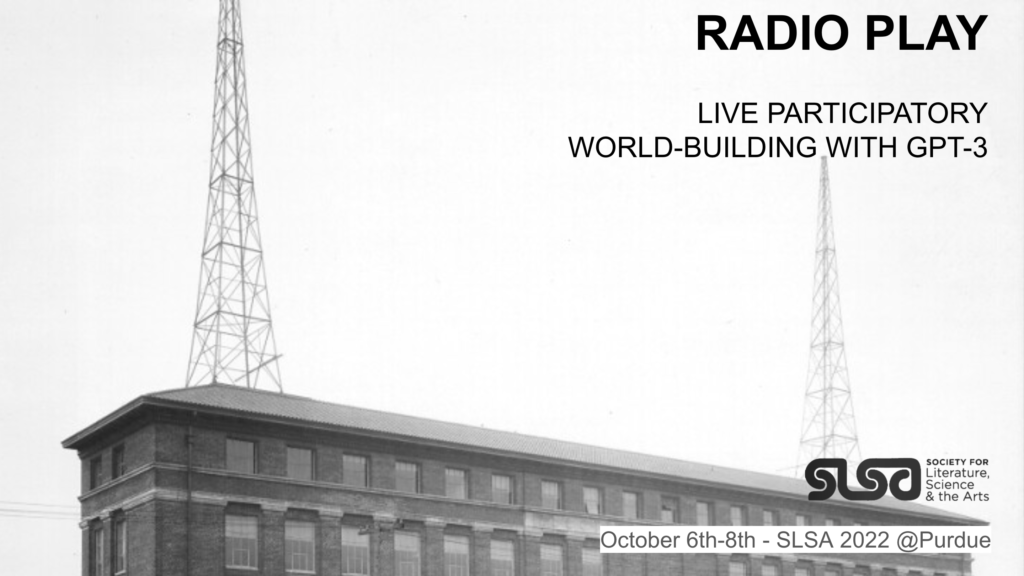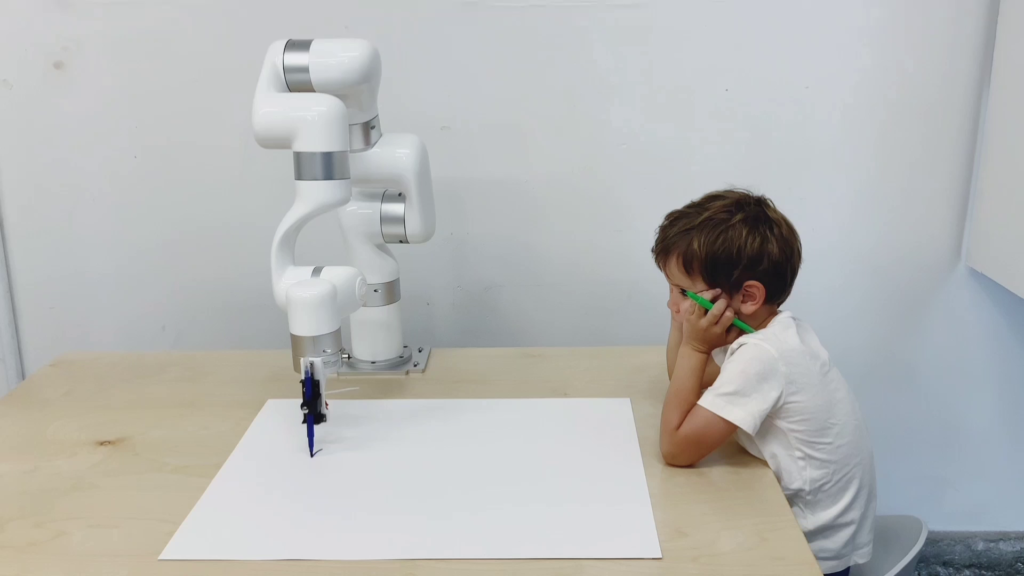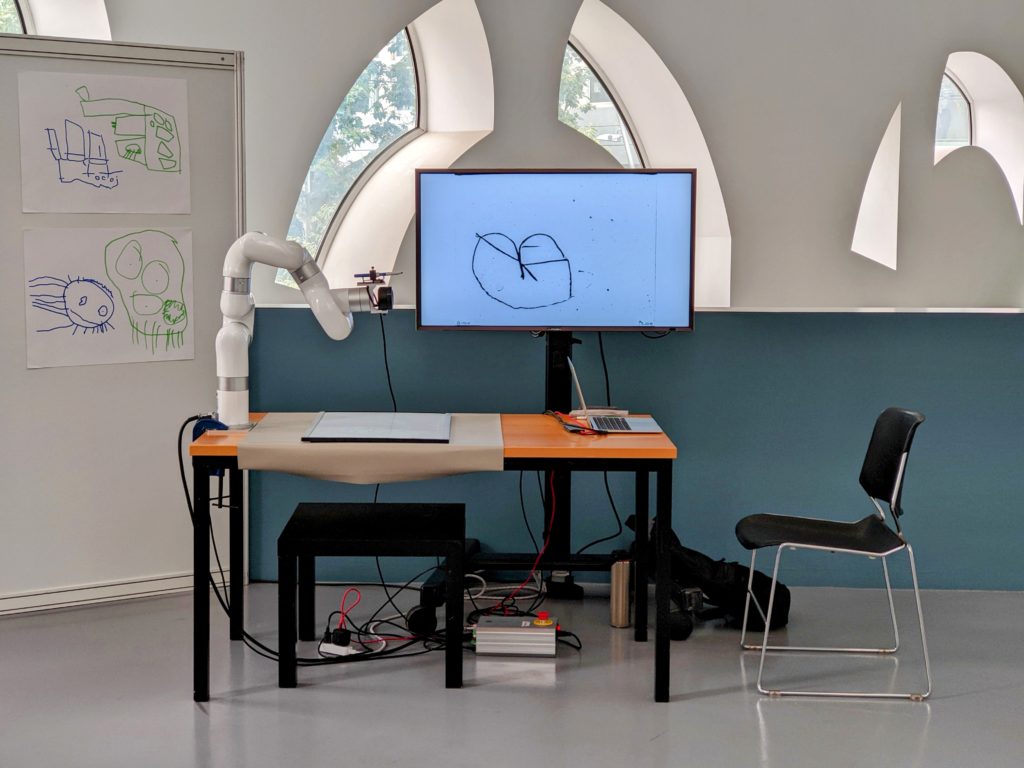Our paper, Beyond Classification: The Machinic Sublime has been published in Proceedings of POM21. This paper details the human/non-human roundtable performance we developed for Politics of the Machines (POM) 2021. It was a tremendous pleasure to work with Joel Ong, Eunsu Kang, and Kangsan Joshua Jin on the project and paper.
Let us know what you think!
Joel Ong, Robert Twomey and Eunsu Kang et al. Beyond Classification: The Machinic Sublime. DOI: 10.14236/ewic/POM2021.50
Beyond Classification: The Machinic Sublime (BCMC) emulated an academic roundtable discussion with the authors and 3 machinic/more-than-human guests. Part performance, part intervention within the context of an academic conference, BCMC introduces a novel and explicitly visible strategy of co-dependency for an array of diverse intelligences through a connected loop of human, machine, and animal agencies. The meteoric rise of AI in the last years can be seen as a part of a larger tendency towards deeper, more opaque data collection and analysis techniques that form the dense substratum beneath the proliferation of human-computer interfaces today. As a human developer, the most striking qualities of generative AI are its vastness, non-determinism, and infinitude—explicit themes and qualities of a machinic ‘sublime’. How can a human artist/programmer sensibly navigate this multi-dimensional space of latent meaning?
This intervention is an experimental roundtable discussion/performance via web conferencing, a new kind of Turing Test where success in the testing is not found in the plausible simulation of human consciousness through speech, but rather in expressing diverse intelligences through new forms of language. In this multi-agent exchange, human interlocutors and non-human partners argue the possibility of a machinic sublime. Together, these interlinked discussions become an emergent system. In this roundtable format, audience interventions are welcome.







